The defense industry will receive special treatment as it looks to ride out the economic disruptions caused by the COVID-19 outbreak, thanks to a lobbying push from powerful associations that represent the nation’s defense contractors.
On Thursday, the Department of Homeland Security declared workers employed by companies in the defense industrial base to be “essential to continued critical infrastructure viability,” according to guidance issued by the Cybersecurity and Infrastructure Security Agency.
This paves the way for 2.5 million workers in the defense industry to stay on the job, even as local and state governments implement travel restrictions and require people to stay home.
The industry’s essential designation, along with the injection of government funding, was a central request of the Aerospace Industries Association and the National Defense Industrial Association, which reached out to Congress and the administration this week.
“It gives us some ability to try to mitigate and work through this,” Eric Fanning, president and CEO of the Aerospace Industries Association, said Friday during an interview with CQ Roll Call.
But Steve Ellis, the president of the watchdog group Taxpayers for Common Sense, called the efforts to secure the essential personnel tag “selfish.”
“Americans need grocery stores and pharmacies to survive,” Ellis said in an email. “Not building weapon systems for a few months won’t put national security at risk.”
And keeping this highly-skilled workforce active during the COVID-19 outbreak puts their lives at risk, in his opinion.
“This is so incredibly short-sighted and frankly heartless,” he said. “This appears to be more about cash than caring.”
Defense Production Act
This week, President Donald Trump invoked the Defense Production Act, a Korean War-era law that gives the commander in chief broad authorities to incentivize domestic production in ways that contribute to the national defense.
But despite the name, that doesn’t mean the defense industry will be immediately called upon in the efforts underway to deal with the coronavirus.
Initially, it will likely mean commercial companies ramping up domestic production of badly needed medical supplies and personal protective equipment for doctors and nurses.
Eventually, it could include more direct contributions from the defense sector, said Fanning, who served in several high-profile roles in the Pentagon during the Obama administration.
“There are probably parts of the administration looking at what they might do in the next phase to use the skills and capabilities that other industries have to mitigate some of the supply problems they are having on the medical side,” he said.
Pressing needs?
What the aerospace industry needs most, both on the defense and civilian sides, is an injection of capital, Fanning said.
“Cash flow and liquidity are critical for the private sector,” Fanning said. “In a crisis like this, that dries up quickly.”
Defense contractors have global supply chains that can involve thousands of companies. And disruptions on the civil side of the aerospace business, where demand has plummeted and cancelled flights can translate into airlines no longer taking delivery of new aircraft, can easily spill over into the defense side of the business.
“Quite a few companies are in both those spaces,” he said.
And those companies, says Richard Aboulafia, vice president of analysis for the Teal Group, are more vulnerable than those who focus exclusively on more stable defense and other government work.
“The end-user market for the military side is fine, the end-user market for commercial aero is non-existent,” he said.
Workforce disruption of a month to six weeks due to social distancing and other mitigation efforts may cause short-term problems for defense contractors, Aboulafia said. But supply and demand will ultimately return to normal on the defense side of these businesses.
“Dealing with problems on the production side, that’s difficult but manageable,” Aboulafia said. “Dealing with a demand side collapse, that’s a completely different apocalypse.”
Case in point is Boeing Co., one of the biggest defense contractors. Commercial aircraft make up about 60 percent of the company’s business.
The aerospace giant was already facing challenges following the grounding of its 737 Max fleet, and disruptions caused by the coronavirus will only exacerbate its fiscal woes.
Earlier this week, Boeing called for an injection of $60 billion for the commercial aerospace industry, with Trump signaling he is open to the idea.
Balancing act
As the virus spreads, defense contractors are trying to balance the health of their workers with protecting the bottom line and, ultimately, industry jobs, Fanning said.
Despite the “essential” designation for the industry, disruptions are bound to occur. And the Pentagon is working with the defense industry to ensure companies won’t be penalized for virus-related missed deadlines.
Earlier this week, Ellen Lord, the Pentagon’s acquisition chief, said she was holding daily conference calls with the Aerospace Industries Association, National Defense Industrial Association, Professional Services Council, National Association of Manufacturers, and Chamber of Commerce to discuss ways to work through the COVID-19 crisis.
“We don’t want industry doing the right thing to protect its workforce and protect the public health, and then being penalized for it in a way that could cost the jobs of the workforce that’s being protected,” Fanning said.
Fanning said he understands the need to focus immediately on medical response to COVID-19, but that shouldn’t require the ongoing efforts of the defense industrial base to be set aside.
“I think you’re seeing that in wave one, that’s what the focus is,” he said. “But the U.S. is at war. We can’t lose sight of that, we can do more than one thing at a time.”


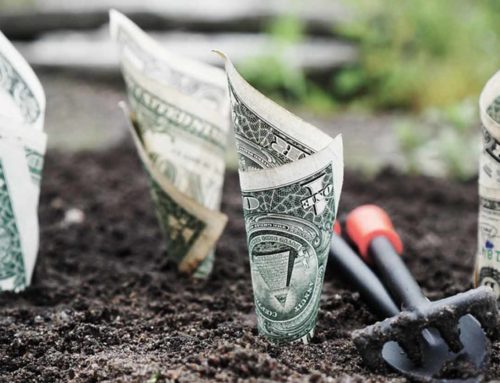
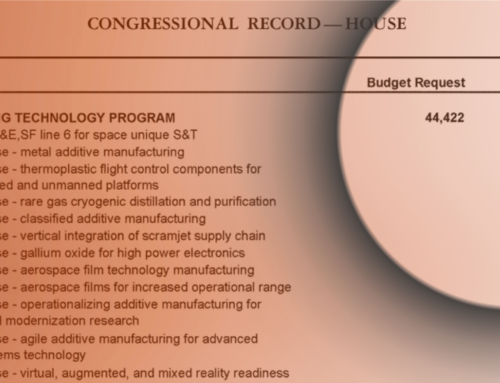

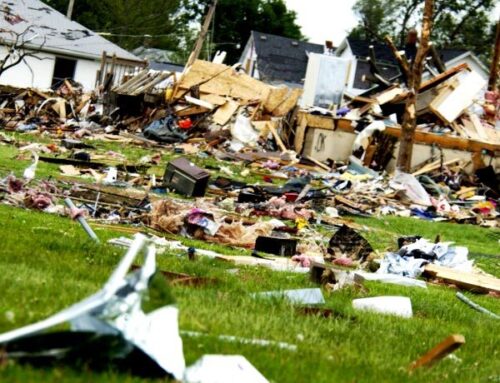
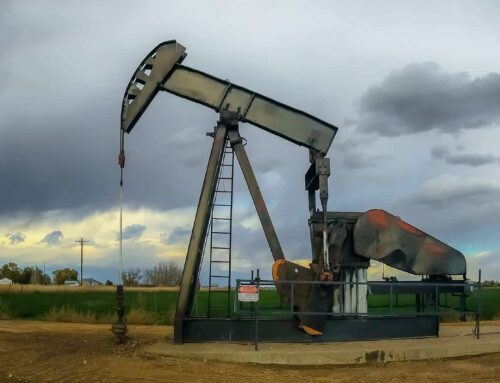



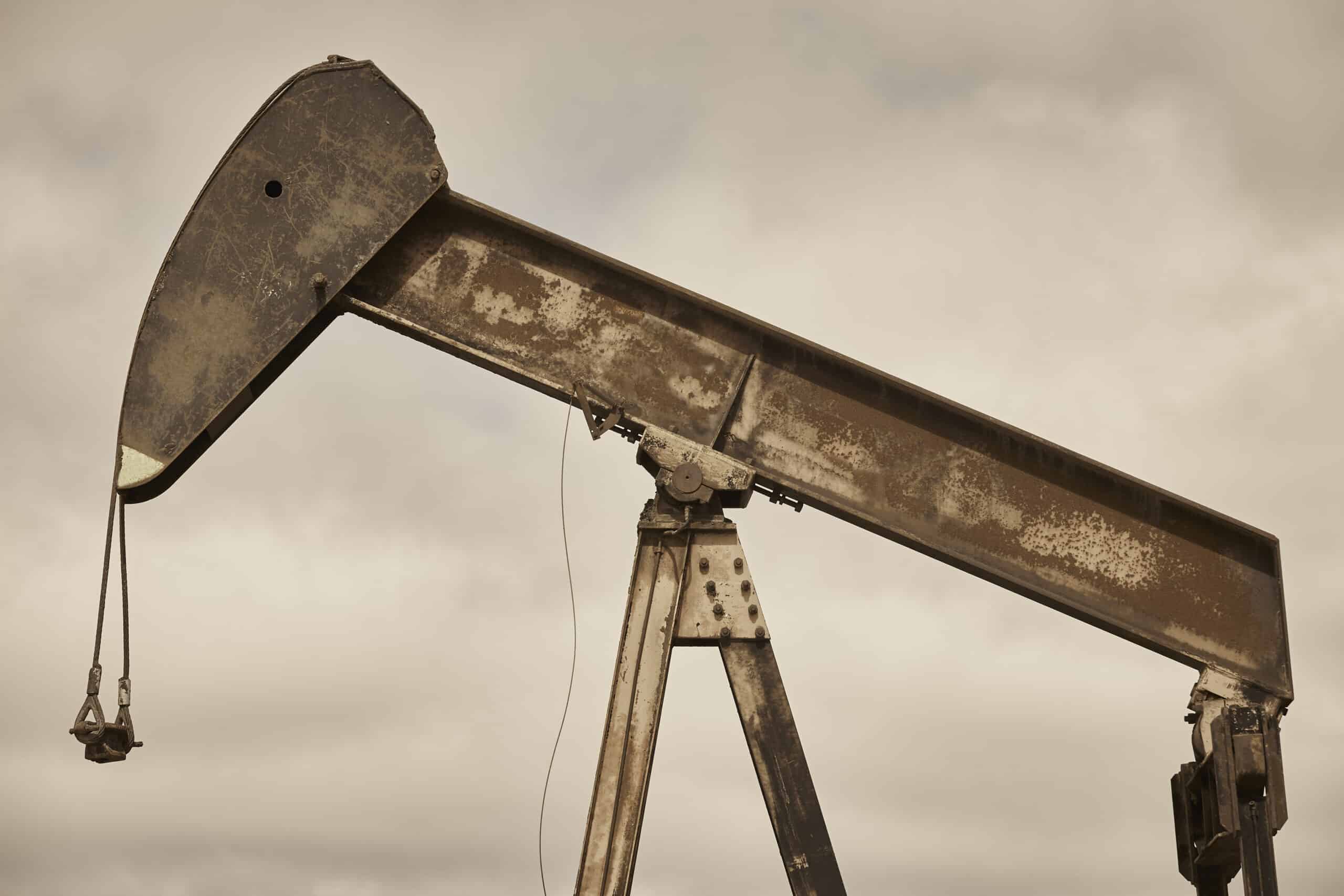

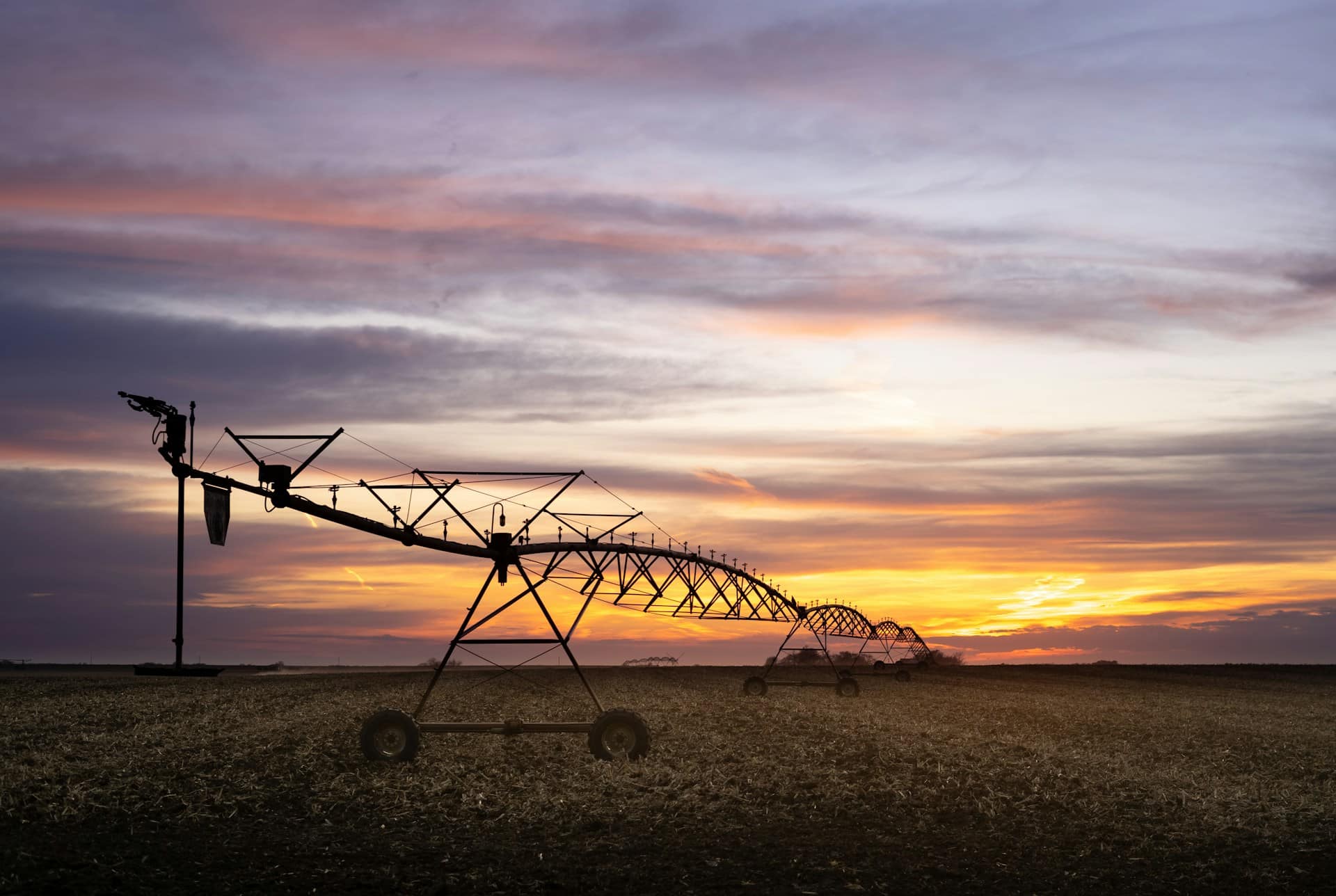

Get Social